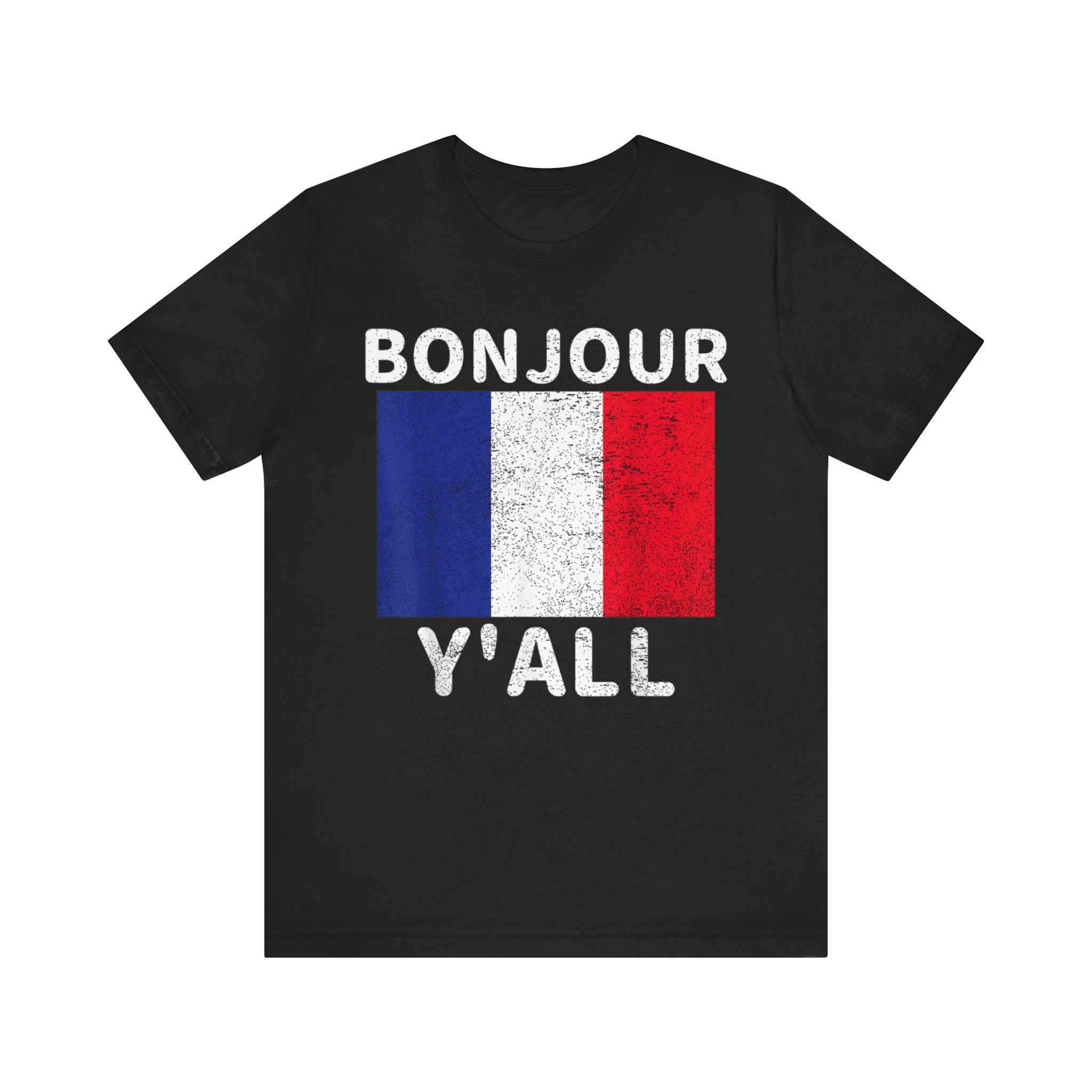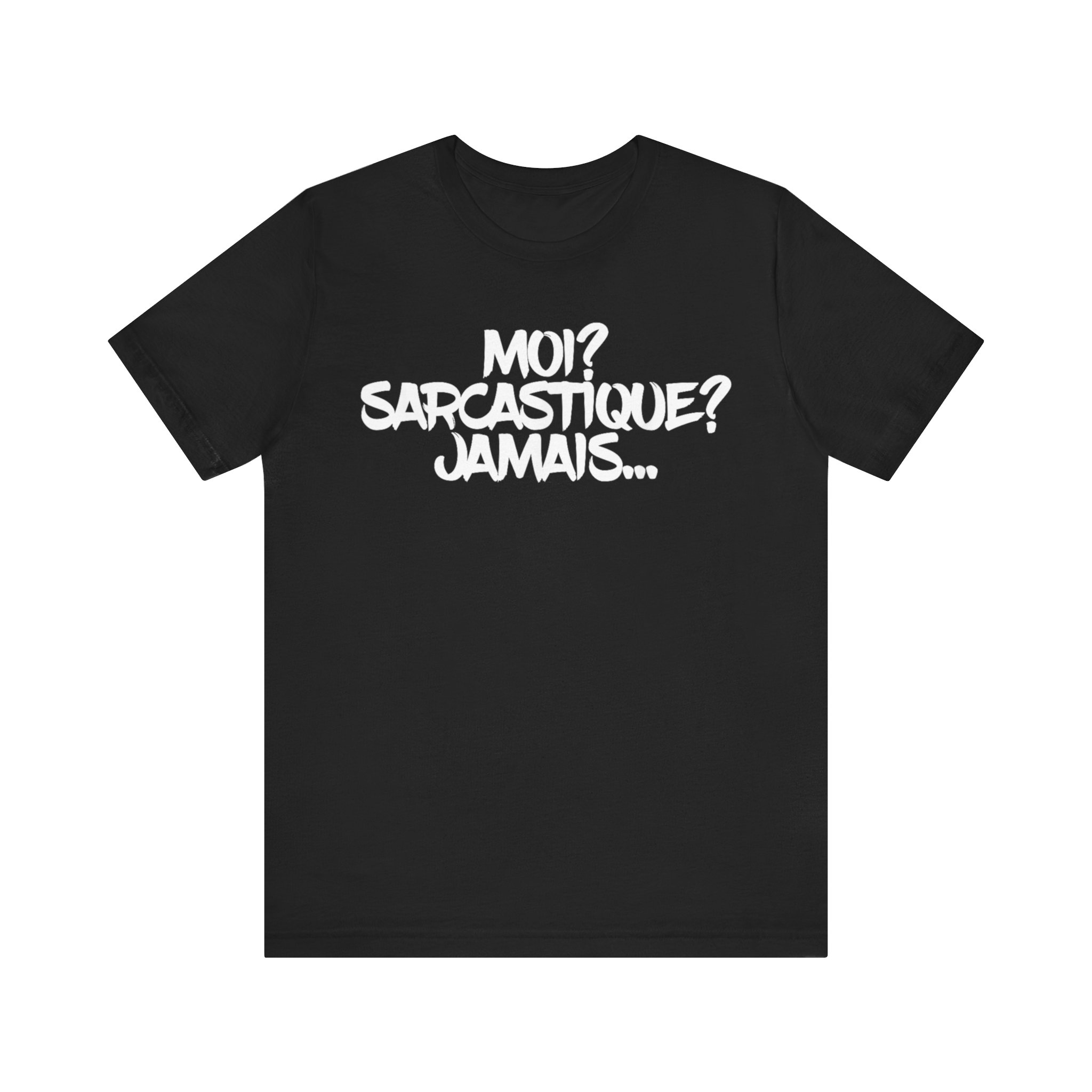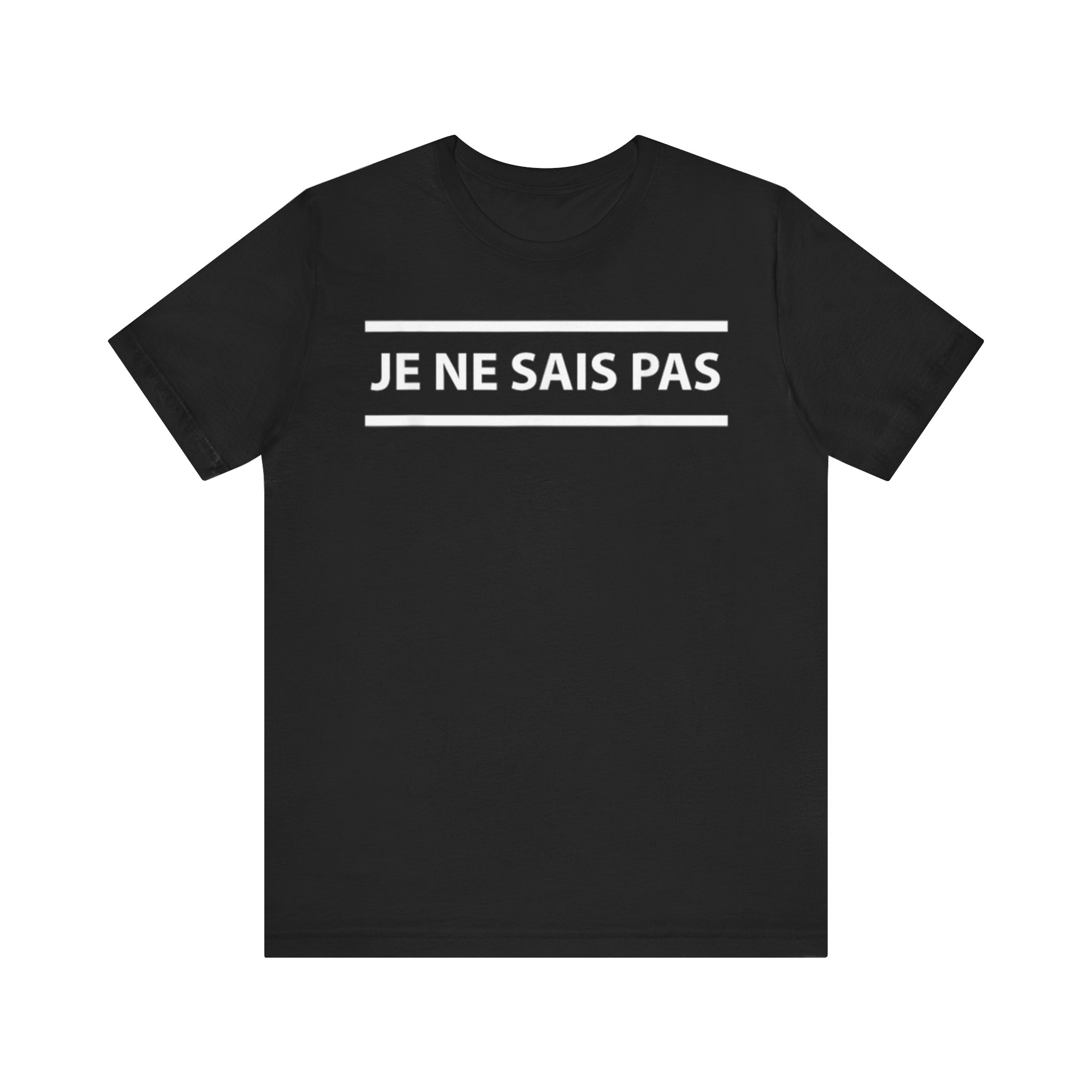Embarking on a journey to France or any French-speaking destination? Whether you’re exploring the charming streets of Paris, savoring culinary delights in Lyon, or wandering through the picturesque landscapes of Provence, having a handful of essential French phrases at your disposal can make your travel experience immensely enjoyable. In this lesson, we’ll equip you with practical survival phrases to help you navigate everyday situations and connect with locals effortlessly.
1. Greetings and Polite Expressions:
Bonjour (bohn-zhoor): Good morning/Hello.
Merci (mehr-see): Thank you.
S’il vous plaît (seel voo pleh): Please.
Excusez-moi (ehk-skew-zay mwah): Excuse me.
Au revoir (oh reh-vwahr): Goodbye.
Mastering these greetings and polite expressions lays the foundation for positive interactions. From expressing gratitude to politely seeking assistance, these phrases will open doors to warm encounters with locals.
2. Ordering Food and Drinks:
La carte, s’il vous plaît (lah kart, seel voo pleh): The menu, please.
L’addition, s’il vous plaît (lad-dee-syon, seel voo pleh): The bill, please.
Je voudrais… (zhuh voo-dray): I would like…
L’eau (loh): Water.
L’addition est pour moi (lad-dee-syon eh poor mwah): The bill is on me.
Navigating French menus becomes a breeze with these phrases. From ordering your favorite dish to seamlessly settling the bill, you’ll dine like a local in no time.
3. Asking for Directions:
Où est… ? (oo eh): Where is…?
La gare (lah gahr): The train station.
L’hôtel (loh-tel): The hotel.
La plage (lah plahzh): The beach.
À droite (ah drwaht) / À gauche (ah gohsh): To the right / To the left.
When exploring new destinations, confidently ask for directions. Locals appreciate the effort, and you’ll find yourself effortlessly navigating the streets and landmarks.
4. Emergency Phrases:
Aidez-moi (eh-dey mwah): Help me.
J’ai besoin d’aide (zhay buh-zwah d’ed): I need help.
Numéro d’urgence (noo-meh-roh dey-urzhonss): Emergency number.
Je suis perdu(e) (zhuh swee pair-doo): I am lost.
While we hope you won’t need these phrases, it’s crucial to be prepared. Whether seeking assistance or contacting emergency services, these phrases can be invaluable.
5. Shopping Phrases:
Combien ça coûte ? (kohm-byen sah koot): How much does it cost?
Je vais prendre celui-ci (zhuh vay prahn-druh sell-wee): I’ll take this one.
Pouvez-vous me donner une réduction ? (poo-veh voo muh doh-nay oon ray-dook-syon): Can you give me a discount?
Où sont les cabines d’essayage ? (oo sohn lay ka-been dess-ay-yahzh): Where are the fitting rooms?
Transform your shopping experience with these phrases. Whether bargaining for souvenirs or trying on the latest fashion, these expressions will have you navigating boutiques and markets with ease.
6. Transportation Phrases:
Où est la station de métro ? (oo eh lah sta-syon duh may-tro): Where is the metro station?
Combien coûte un billet pour… ? (kohm-byen koot uh bee-yeh poor): How much is a ticket to…?
Quelle est la prochaine station ? (kell eh lah proh-shen sta-syon): What is the next station?
Arrêt suivant, s’il vous plaît (ah-ray swee-vahn, seel voo pleh): Next stop, please.
Navigating public transportation becomes a breeze with these phrases. Whether hopping on a bus, train, or metro, you’ll confidently explore the city’s diverse neighborhoods.
7. Expressing Preferences:
J’aime ça (zhem sah): I like that.
Je n’aime pas ça (zhuh nem pah sah): I don’t like that.
C’est délicieux (say day-lee-syu): It’s delicious.
C’est magnifique (say mag-nee-feek): It’s magnificent.
Engage in conversations about your preferences and experiences. Expressing your likes and dislikes allows you to connect with locals, whether discussing cuisine, art, or the beauty of the surroundings.
8. Cultural Observations:
C’est très joli (say tray zho-lee): It’s very pretty.
Quelle belle journée (kell bel zhoor-nay): What a beautiful day.
Les gens sont si gentils (lay zhahn sohn see zhahn-teel): The people are so kind.
C’est une belle tradition (say oon bell trah-dee-syon): It’s a beautiful tradition.
Show appreciation for the culture you’re immersed in. From complimenting the scenery to acknowledging local customs, these phrases allow you to connect on a deeper level with the community.
9. Socializing and Making Friends:
Comment vous appelez-vous ? (koh-mahn voo ah-puh-lay voo): What is your name?
Enchanté(e) (ahn-shahn-tay): Nice to meet you.
On se retrouve où ? (ohn suh reh-troov oo): Where shall we meet?
Qu’est-ce que vous aimez faire pour vous amuser ? (kest kuh vooz em-ay fahr poor voo ah-myoo-zay): What do you like to do for fun?
Forge connections and make new friends with these socializing phrases. Whether striking up a conversation at a local cafe or planning a meet-up, these expressions will open doors to meaningful interactions.
10. Expressing Gratitude and Politeness:
Je vous remercie (zhuh voo ray-mers-ee): I thank you.
C’est très gentil (say tray zhan-teel): That’s very kind.
Je suis reconnaissant(e) (zhuh swee reh-kon-ay-san): I am grateful.
Pardon de vous déranger (pahr-dohn duh voo day-rahn-zhay): Sorry to bother you.
Politeness goes a long way, and these phrases will help you navigate various situations with grace. Express gratitude, acknowledge kindness, and apologize when needed to ensure positive interactions.
11. Understanding Numbers and Prices:
Pouvez-vous répéter, s’il vous plaît ? (poo-veh voo ray-pay-tay, seel voo pleh): Can you repeat, please?
Combien ça coûte en tout ? (kohm-byen sah koot ahn too): How much does it cost in total?
Quel est le prix final ? (kell eh luh pree fee-nahl): What is the final price?
Est-ce que vous acceptez les cartes de crédit ? (ehs-kuh voo ahk-sep-tay lay kart duh kray-dee): Do you accept credit cards?
Being comfortable with numbers is essential while traveling. Whether negotiating prices or handling transactions, these phrases will ensure you have a clear understanding of financial aspects.
12. Expressing Concerns and Seeking Help:
Je suis perdu(e), pouvez-vous m’aider ? (zhuh swee pair-doo, poo-veh voo may-day): I am lost, can you help me?
J’ai besoin d’assistance médicale (zhay buh-zwah dah-see-stans may-dee-kal): I need medical assistance.
Il y a un problème (eel yah ah oon proh-blehm): There is a problem.
Pouvez-vous appeler la police ? (poo-veh voo ah-pel-ay lah poh-lees): Can you call the police?
In case of emergencies or concerns, these phrases will empower you to seek assistance promptly. Whether it’s getting lost in a new city or requiring medical help, being able to communicate your needs is crucial.
Conclusion:
With these additional French phrases in your repertoire, you’re well-equipped to navigate the intricacies of travel with confidence and cultural sensitivity. Embrace the language, connect with locals, and let the journey unfold seamlessly as you explore the beauty and diversity of French-speaking destinations. Bon voyage et profitez de chaque instant! (Safe travels and enjoy every moment!)


















